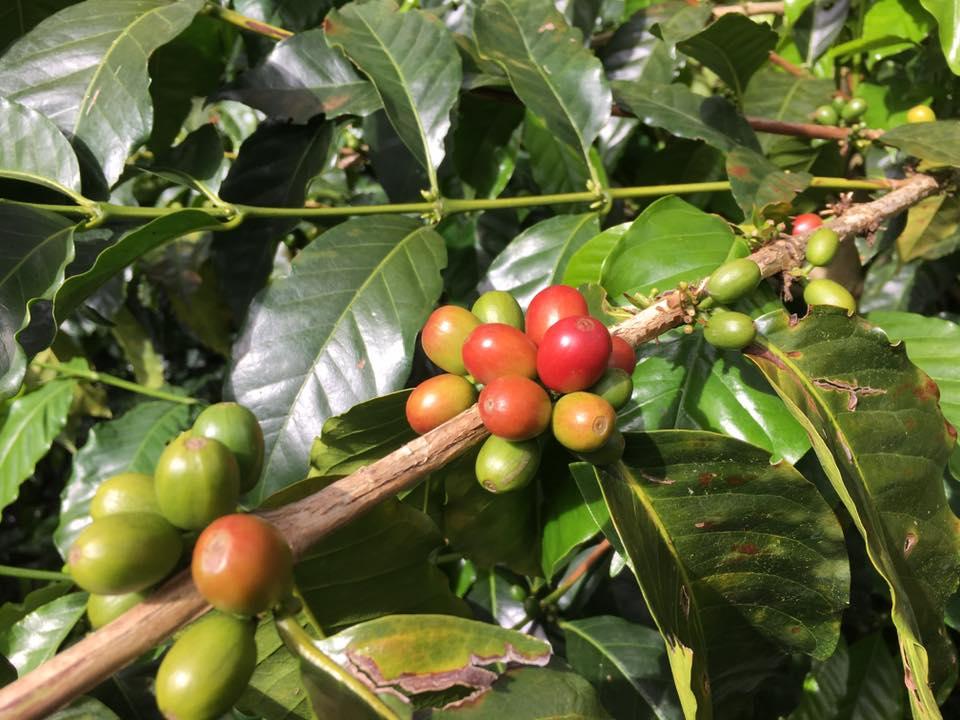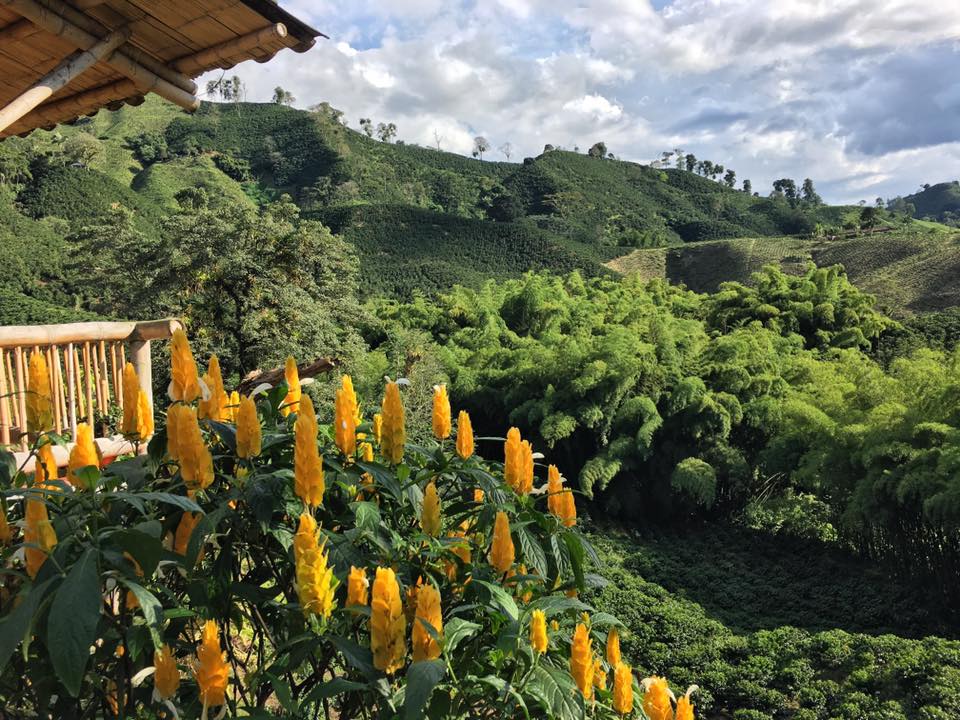
The single-origin coffee bean market is booming due to demand for unique coffee tastes and interest in traceability, especially among millennials.
In the first six months of 2019, the single-origin coffee bean market has seen $182 million in grocery sales with 4 percent growth over last year, outpacing the total premium coffee segment, according to Nielsen data cited in an emailed statement to TriplePundit. And, based on a survey commissioned by Peet’s Coffee, 81 percent of coffee drinkers between the ages of 25 and 49 are willing to pay 10 percent more for single-origin coffees. This means financial rewards not only for company’s such as Peet’s, Starbucks and Lavazza, but also for many smallholder coffee farmers who provide 80 percent of the worlds’ coffee beans.
Let’s start with the basics. What is single-origin coffee? According to the specialty coffee news and information site Perfect Grind Daily, single origin is a small phrase with a big definition. The meaning is often simplified to a coffee that’s sourced from one single producer, crop, or region in one country. “Single farm” and “single estate” mean that the coffee is sourced from one farm, mill or co-operative. You can even go a step further and find coffee labels that tell you the exact estate name and the specific lot or paddock where the coffee was grown.

(Image: A coffee estate near the town of Chinchina, in Colombia's Zona Cafetera)
“The most important thing about single origin is its traceability, the fact that you know exactly where your coffee is from and that it’s a specific coffee, not a blend,” Andra Vlaicu from the Specialty Coffee Association told the Perfect Grind. “Usually of a higher quality, it’s the acknowledgment that the coffee is from a particular farm located in a unique setting, whilst its flavor depicts its origin, possessing characteristics of that specific area where the particular coffee was grown.”
Think medium-bodied and pungent, with tangy citrus flavors for a coffee from the highlands of Ethiopia and bright lemony notes, with a satisfyingly sweet finish for beans from Costa Rica. Thirsty for that cup of Joe yet?
Peet’s Coffee invests in single-origin coffee beans
Peet’s Coffee, which started in 1966 in Berkley, California, is one of a number of coffee brands that is getting into the single-origin business. It offers single-origin coffees from Sumatra, Colombia (coffee cherries grown on an estate in the country’s Zona Cafetera are shown at the top of this page), as well as Brazil, Ethiopia and Nicaragua.
In the fall, the company will add Costa Rica to its single-origin line, describing the coffee as “a direct trade medium roast with black plum and brown sugar taste notes.” Peet’s will source the beans from Finca La Hilda, owned by the Vargas Family. It has sourced from Finca La Hilda for its blends for decades and also provides support for the families working at the farm, such as onsite daycare and mobile medical clinics during harvest season. The company says it is all part of its efforts to source its coffees in a socially responsible manner.
Included in its responsible sourcing approach are annual visits to the farms from which it sources to inspect their social, environmental and economic standards. The audits are conducted by the non-profit Enveritas, founded in 2016 to “overcome systemic barriers that prevent the application of proven solutions for ending poverty among smallholder coffee growers,” according to its website. Peet’s funds annual audits, which examine the treatment of workers and farming practices, among other indicators, and shares the results with the farmers.
Peet’s also collaborates with growers through its Farmer Assistance Program, which offers a specialized two-year training program to help farmers improve the quality and quantity of their beans. Working with TechnoServe, a nonprofit organization that was an early leader in leveraging coffee farming to raise incomes and improve quality of life, Peet’s provides not only agricultural training to improve coffee yields, but also business training in accounting, record keeping, and book-keeping to enable farmers to lead sustainable, profitable enterprises. The company also offers training in environmental and social best practices to help farmers make informed decisions throughout the coffee lifecycle, such as diverting pulp water from wet mills to wetlands instead of allowing it to re-enter waterways untreated.
All of this support, of course, also benefits Peet’s in the form of a sustainable, high-quality, single-origin coffee bean supply. And it helps the company position its products as being responsibly sourced—a factor that can be a key differentiator in the increasingly competitive consumer coffee market.
Sustainable benefits for farmers
With higher yields and higher-quality beans, smallholder farmers are often able to charge more for their beans, sell to more brands and, thus, increase their incomes over time.
Paul Stewart, global coffee director of TechnoServe, has seen incomes raise three- to even 10-fold for some farmers he has trained in Ethiopia over the past decade. With the raise in income, he says farmers are able to invest more in the education and health of their families, invest in their farms, and also build separate side businesses to further buttress their resources. For families like the Vargases in Costa Rica, that can mean a lot.
It turns out that coffee can not only help us get through the day, but it can also be a powerful means of doing good.
Image credits: Leon Kaye

Maggie Kohn is excited to be a contributor to Triple Pundit to illustrate how business can achieve positive change in the world while supporting long-term growth. Maggie worked for more than 20 years at the biopharma giant Merck & Co., Inc., leading corporate responsibility and social business initiatives. She currently writes, speaks and consults on corporate responsibility and social impact when she is not busy fostering kittens for her local animal shelter. Click here to learn more.














